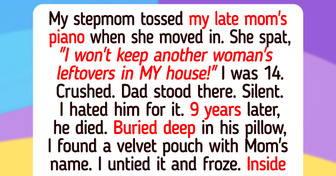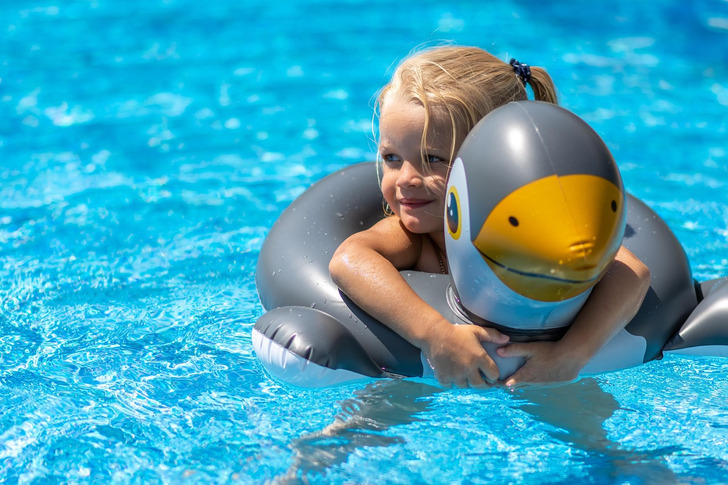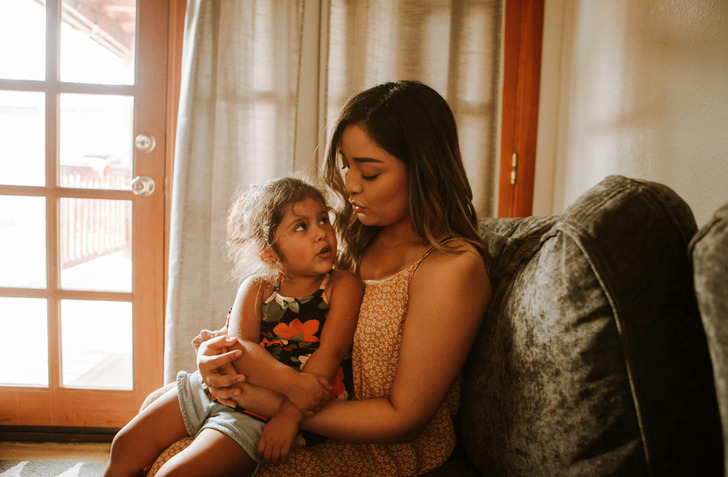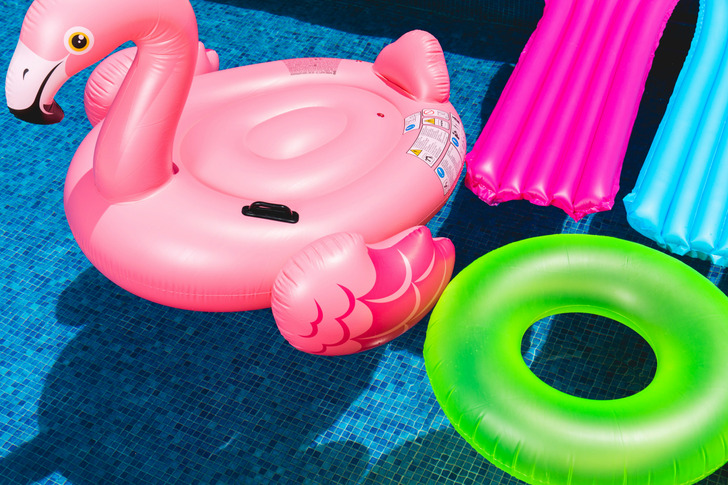I need an update to this story. Satisfying response, but still holding out for more.
My SIL Took My 8-Year-Old Daughter’s Dream From Her—But I Didn’t Stay Quiet
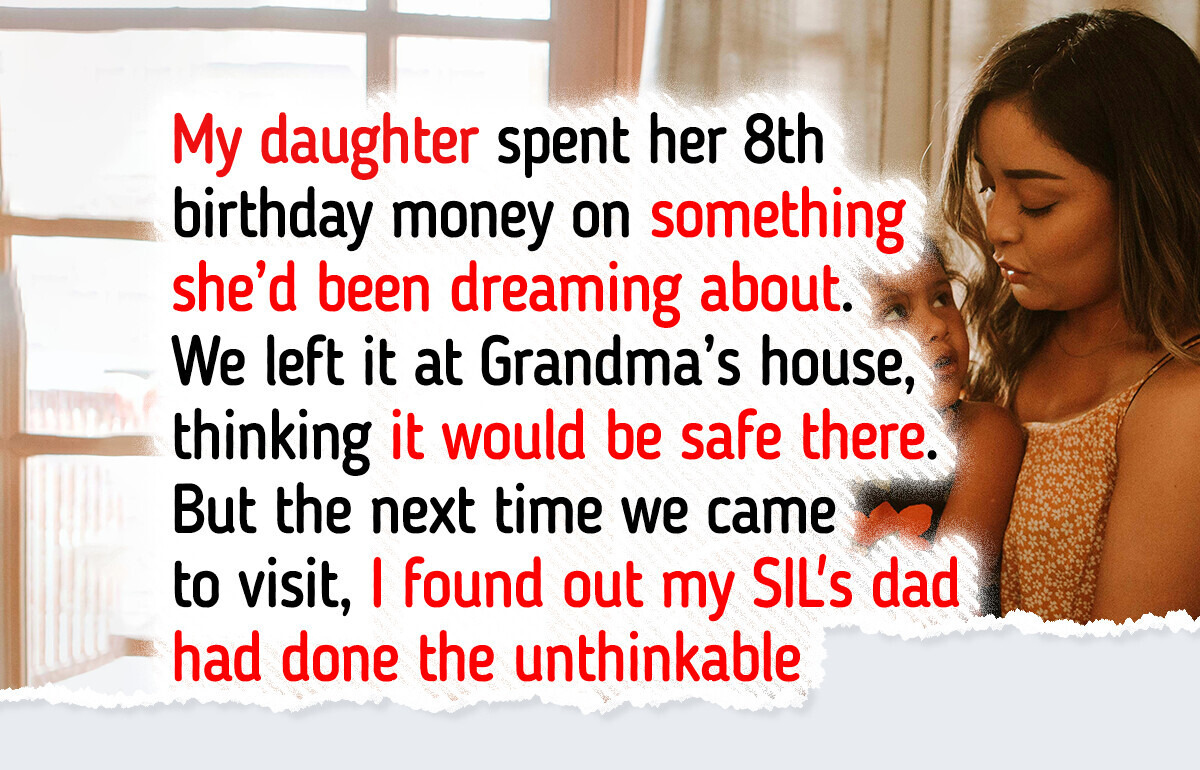
Kids learn about value not just through what they own, but how others treat the things they love. For one mom, a seemingly harmless pool visit turned into a painful reminder that not every adult sees things the same way and that sometimes, you have to protect your child’s happiness from your own family.
Here’s her story.
My daughter had just turned eight. She used her birthday money to buy a pool float she had been dreaming about for weeks. We brought it to her grandma’s house, where we always swim in the summer.
She handled it with care, dried it off after every use, and made sure it was tucked safely away in the shed each time. She was proud of it. She told everyone not to touch it. It wasn’t just a float, it was hers.
“Why would someone do that?”
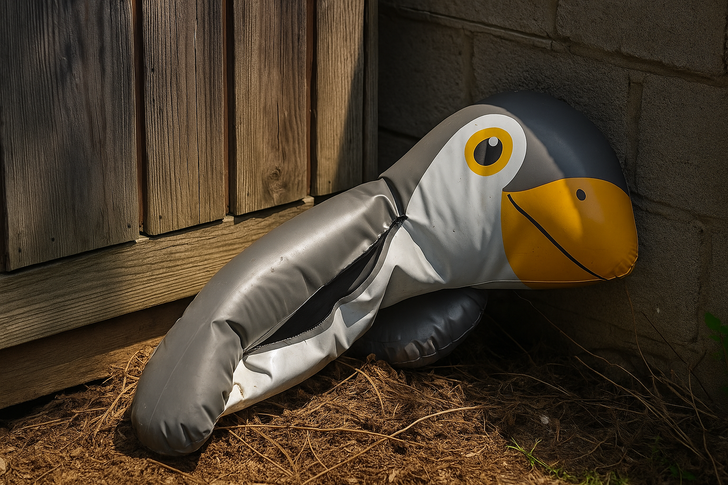
Last weekend, my sister-in-law hosted a small pool gathering while we weren’t around. When we arrived the next day, my daughter ran to grab her float and found it half-deflated, torn down one side, and stuffed behind the shed like garbage.
No one said a word. Not a text, not a note, not even a sorry. My daughter’s face crumbled when she saw it. She didn’t even cry — she just looked at me and asked, “Why would someone do that?”
The reason was downright disrespectful.
Later, I found out the truth from my niece. SIL’s dad had used the float to nap on in the pool and when it started sinking, he panicked, grabbed a nearby gardening tool, and tried to “pull himself out.” He punctured it beyond repair.
When everyone saw it happen, they told my SIL to message me. But she didn’t. She told them, “It’s just a float, she’ll get over it.” No one told us. They planned to let us think it was the weather.
I had to show my daughter that her things should matter.
That night, I sat my daughter down, told her exactly what had happened, and promised we’d go together to find her a new one. But I also did something else: I packed up every toy and float we’d ever left at Grandma’s and brought them home.
If others couldn’t treat her things with respect, then they didn’t get to use them. And when my sister-in-law texted me a week later asking why “all the fun stuff” was missing, I just replied: “We take better care of it than you do.”
What we can learn from this.
When a child’s things are broken and dismissed, it sends the message that their feelings don’t matter. But one parent’s decision to stand up for her daughter showed her that respect isn’t optional — and silence speaks volumes.
If you’re in a similar situation:
- Remember, children deserve respect too: Respect is learned, not assumed. Show your kids that their boundaries are worth defending.
- Accountability matters: Don’t let others get away with saying, “It’s just a toy.”
- Empower through action: Replacing a broken item isn’t enough — let your child see you stand up for them.
This story is a great example of how parents can help their children grow up into adults who are both assertive and accountable. Here are 16 real tips from parents on how to teach kids in a peaceful manner.
Comments
Absolutely that was the correct response. That let's the sil and other family members know. If you cant be respectful of others people's property.....then you dont need to use it. And your daughter learned that she can trust you to defend her
Mom did the right thing. Other family members should be ashamed of themselves. I am proud of mom and daughter!
Related Reads
My Daughter Was a Nanny—But She Was Fired When Her Secret Was Exposed
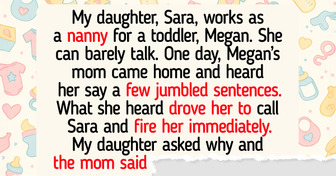
I Quit After My Boss Punished Me for Attending My Mom’s Surgery
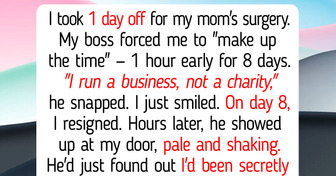
I Refused to Help My Dad With His Hospital Bills, I’m Not Here to Rescue Him
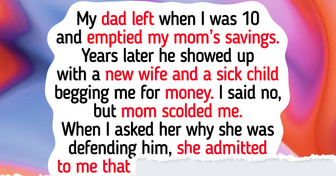
10 Teachers Who Learned Life Lessons From Their Remarkable Students
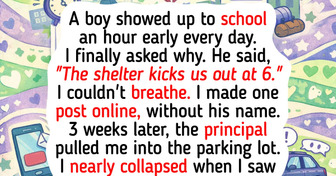
15 Real-Life Moments That Prove Quiet Kindness Is a Real Power Move
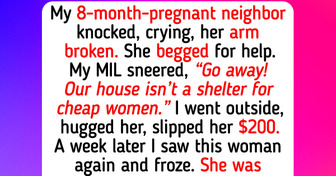
18 Stories That Prove Living in an Apartment Is Like Having a Front-Row Seat to a Comedy Show
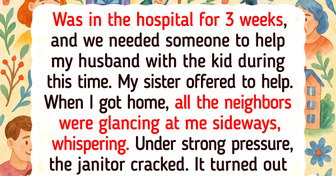
10 Times a Moment of Pure Cruelty Was Actually a Secret Act of Kindness
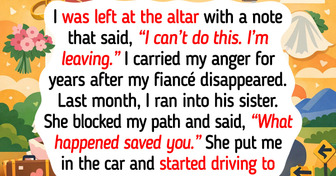
12 Moments That Show Romance Is Really About Small Acts of Kindness

I Won’t Sacrifice My Last Good Years Because My Son Refuses to Grow Up
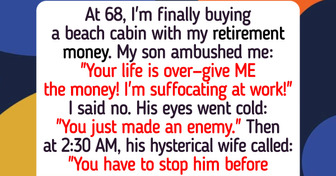
10+ People Who Went on Holiday for Comfort but Got a Crazy Story Instead
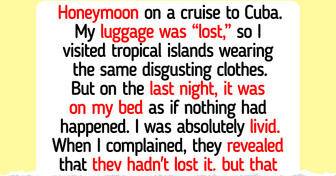
19 Heartbreaking Blended Family Stories the World Needs Right Now
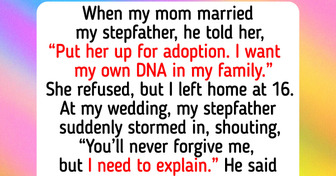
12 Moments That Remind Us to Choose Kindness, Even When the World Is Falling Apart
